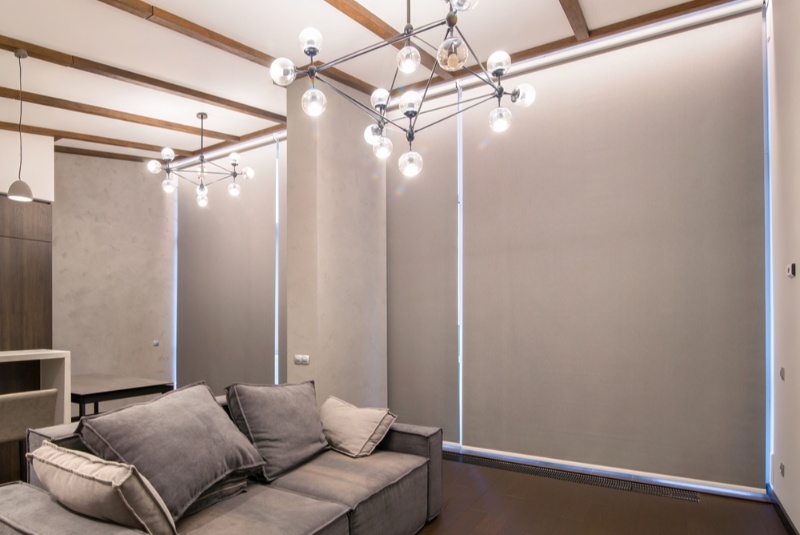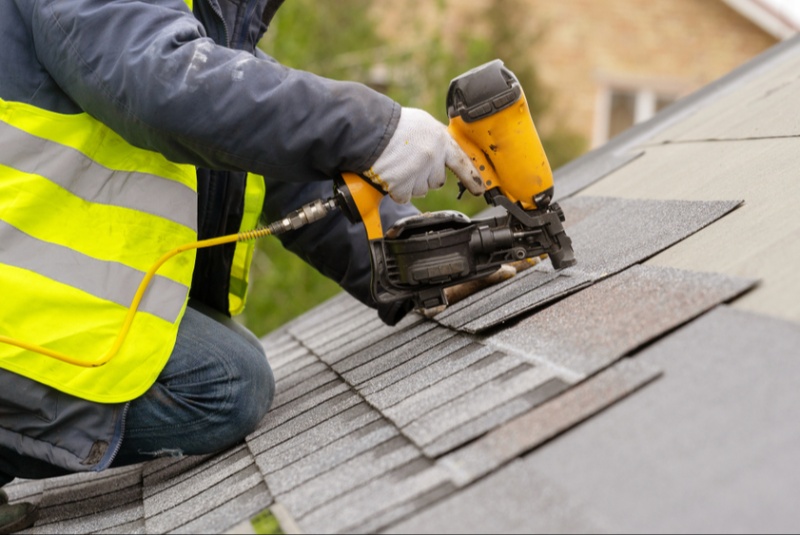Smart blinds and window treatments represent a significant advancement in home automation, offering convenience, energy efficiency, and enhanced security. This comprehensive guide explores the myriad options available, helping you choose the best smart blinds and window treatments to suit your home and lifestyle.
Understanding Smart Blinds and Window Treatments
Smart blinds and window treatments integrate with home automation systems to provide control over lighting, privacy, and insulation through automated or remote adjustments. These devices can be operated via smartphone apps, voice commands through smart home assistants, or even through automatic settings based on time of day or light conditions. This functionality not only enhances convenience but also improves energy efficiency by optimizing the amount of light and heat entering your home.
Benefits of Installing Smart Blinds
Installing smart blinds offers numerous benefits. First, they provide unmatched convenience; you can adjust your blinds from anywhere, whether you’re at home or away, using a smartphone or voice command. This is particularly beneficial for hard-to-reach windows. Secondly, smart blinds can lead to significant energy savings. By adjusting themselves according to sunlight and temperature, they help maintain your home’s temperature, reducing the need for heating or air conditioning. Lastly, they enhance security by making a home appear inhabited when you’re away, with preset schedules that open and close blinds at specified times.
Choosing the Right Type of Smart Blinds
There are several types of smart blinds to consider, each suited to different needs and window types. Roller blinds are a popular choice for their sleek design and ease of use, ideal for modern interiors. Venetian blinds offer adjustable slats for precise light control, making them suitable for spaces where light regulation is important, like home offices or bedrooms. Cellular shades are excellent for insulation, trapping air in distinct pockets and keeping your home warmer in winter and cooler in summer. Assessing your specific needs and window types will help you choose the right smart blinds for your home.
Smart Blinds Integration with Home Automation Systems
For those who have or are considering a home automation system, it’s important to ensure that your smart blinds are compatible. Most smart blinds can integrate seamlessly with popular systems like Amazon Alexa, Google Assistant, or Apple HomeKit, allowing for voice control and the ability to incorporate blinds into routines or scenes with other smart home devices. Check the compatibility of smart blinds with your existing or planned home automation system to ensure a smooth integration.
Considerations for Powering Smart Blinds
Smart blinds can be powered in different ways, including batteries, solar power, or direct electrical connections. Battery-operated blinds are easy to install and ideal for minimizing disruption in homes not undergoing renovations. Solar-powered options are environmentally friendly and perfect for windows that receive ample sunlight, though their performance may vary based on light exposure. Hardwired blinds are the most reliable in terms of consistent power but may require professional installation. Consider your home’s layout and your preferences for power when choosing smart blinds.

Features and Customizations
The features and customization options available for smart blinds are vast. Look for models that offer scheduling features, which allow the blinds to open and close at predetermined times that suit your daily routine. Some smart blinds can also respond to environmental changes, such as adjusting themselves based on sunlight intensity or room temperature. Additionally, consider the range of materials, colors, and styles available, which can be chosen to complement your home décor.
Installation and Setup
Installation of smart blinds varies based on the type and power mechanism chosen. While many smart blinds are designed for DIY installation, some may require professional installation, especially if they are hardwired or integrated into a broader home automation system. Consider the complexity of the installation process and whether you will need to hire a professional. Additionally, setting up the connectivity with your home network and configuring the blinds with your home automation system can be crucial steps that might require some technical knowledge or professional help.
Maintenance and Durability
Like any home investment, the durability and ease of maintenance are important considerations. High-quality smart blinds should withstand regular use and exposure to sunlight without fading or wearing quickly. They should also be easy to clean and maintain, with accessible components in case repairs are needed. Research the materials and construction quality of different smart blinds and check reviews to understand their longevity and maintenance needs. Consider materials that are resistant to dust and moisture, as these can significantly increase the lifespan of the blinds. Additionally, some smart blinds come with protective coatings that can help prevent damage from UV rays and reduce the accumulation of dirt and dust. It's also wise to inquire about the manufacturer's warranty, which can provide additional peace of mind by covering any malfunctions or defects over a certain period.
Budgeting for Smart Blinds
Smart blinds are generally more expensive than traditional blinds due to their advanced technology and functionalities. Setting a budget before shopping can help you narrow down your options without compromising on the essential features you need. Remember that investing in high-quality smart blinds can offer long-term savings in terms of energy costs and home security. When setting your budget, consider not only the initial purchase price but also installation costs, which can vary depending on whether professional assistance is needed. Additionally, factor in potential energy savings over time, as smart blinds can help to efficiently manage heat gain and loss through windows, reducing heating and cooling costs. Lastly, while it may be tempting to opt for cheaper models, investing in better-quality blinds can be more cost-effective in the long run due to their durability and reduced maintenance needs.
By understanding these aspects, you can make a well-informed decision when choosing smart blinds for your home. Whether your priority is energy efficiency, convenience, or integration with existing home automation, the right smart blinds can significantly enhance your living environment and lifestyle.




